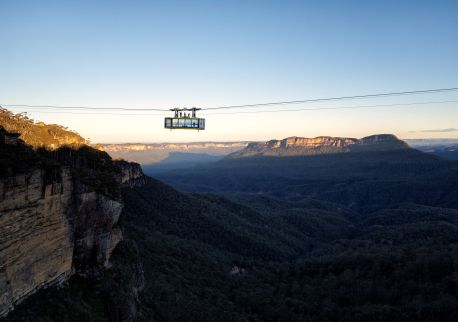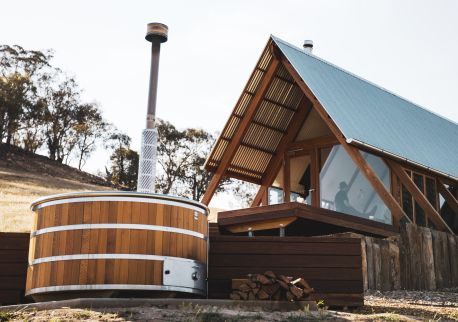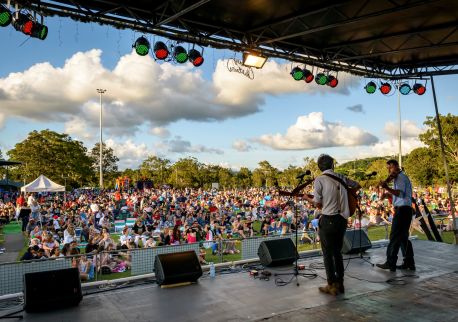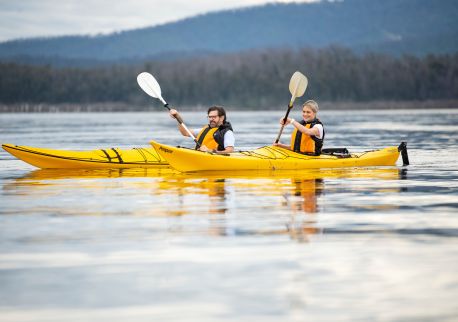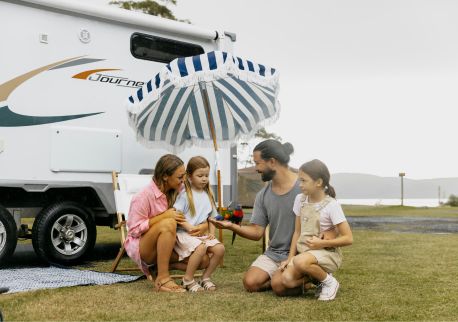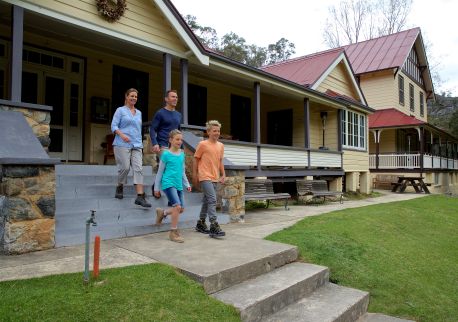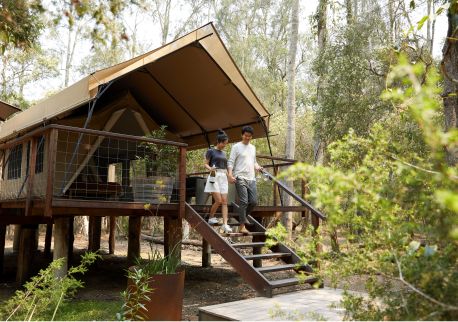Junee Ex-Services Memorial Club Ltd
Highlights
Overview
The Junee Ex-Services aims to provide their members, guests and visitors with the finest function, dining, entertainment, sporting and recreational facilities in the region.
Their Club Cafe opens daily serving delicious Giancarlo coffee, and a selection of cakes, slices, scones and hot toasties.
Members have access to the daily and weekly promotions along with discounts and point accrual at the bar.
Junee Ex-Services Club offers something for everyone. Keno, TAB, Foxtel, a Bowling green, Bingo, Darts, Croquet, Club Café, Sports/TAB Lounge, Function and Meeting Rooms and so much more.
The Junee Ex-Services has superb facilities to cater for any event up to 250 people. Weddings, business seminars, conferences, wakes, parties, anniversaries, reunions and special events. The Club also boasts a large range of function rooms to cater for groups of all sizes.
There is Free unlimited guest WIFI and their Courtesy shuttle runs every Thursday, Friday and Saturday evening from 5pm (Pick ups and drop offs running only within the town of Junee).
In the Sports/TAB Lounge you can catch all the sporting and racing action on the big screens in a casual atmosphere, it is the ideal venue to kick back and relax after a long day.

